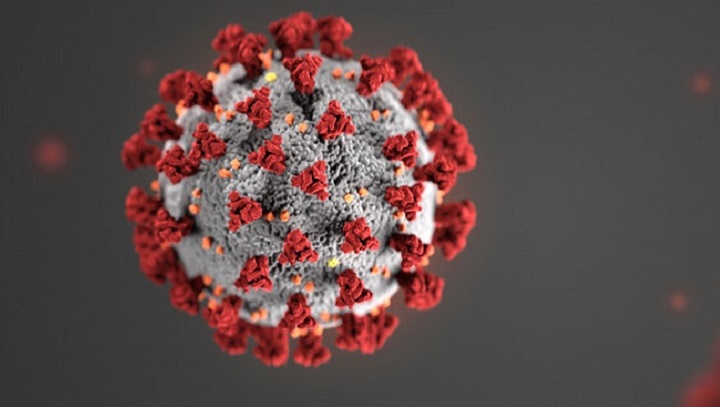
Director’s Blog December 2020
The past eight months have been a time of unexpected and often stressful changes as we navigate life with Covid-19 amidst a period of social and political unrest in this country. As the year comes to a close, we’ve chosen to focus this newsletter on the changes we’ve experienced over the past semester—what we’ll keep, what we’ve learned and how this has been a powerful catalyst for our work. At this stage in the pandemic, the changes that felt temporary have become engrained into our daily lives—it’s natural to grab a mask before leaving the house, standing six feet away is the norm and it’s assumed that when we set up a meeting, it will be by Zoom. While most of us can’t wait to resume more normalcy in our social and personal lives, some of these necessary changes have turned out to have unexpected benefits. Personally, I get to see my kids a lot more than I did before...






